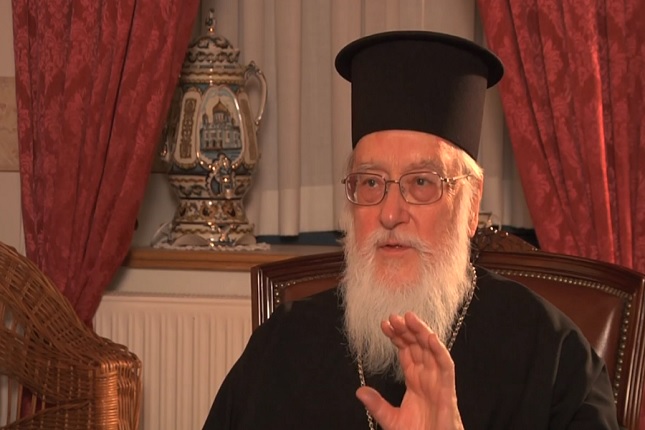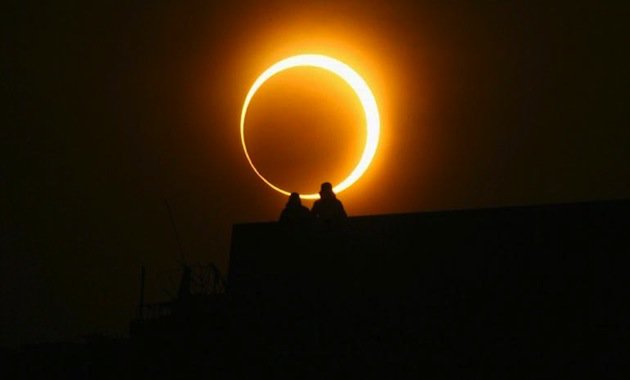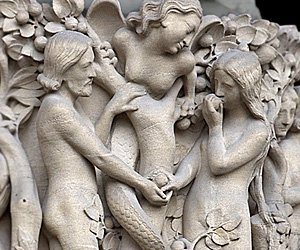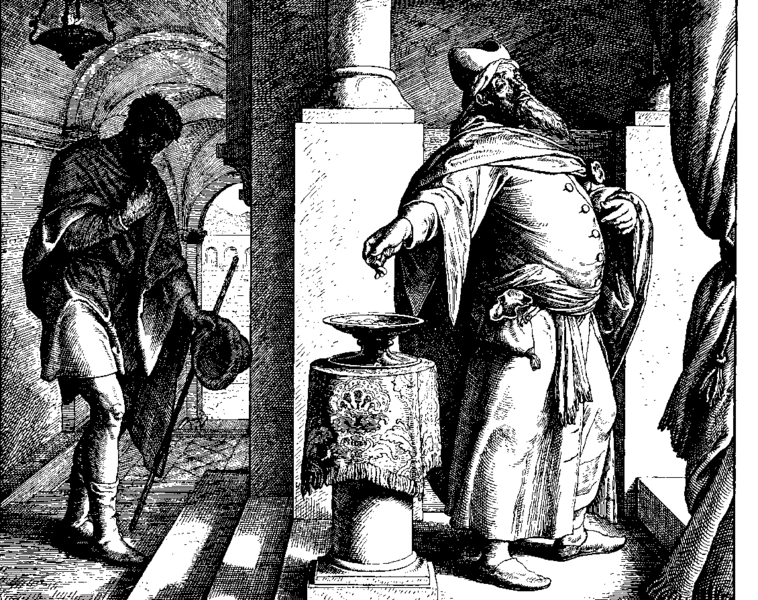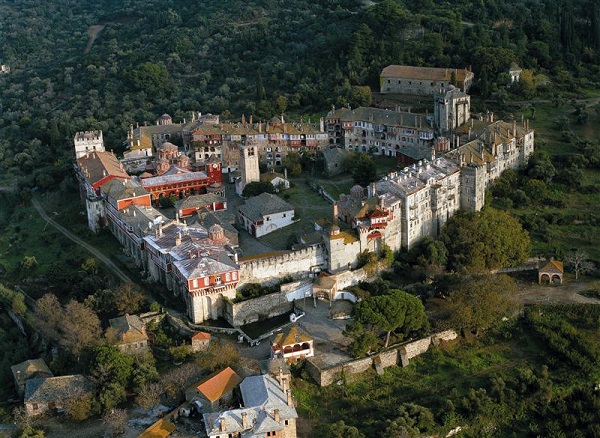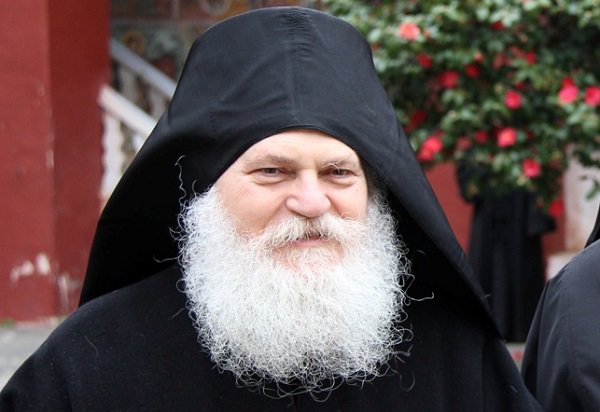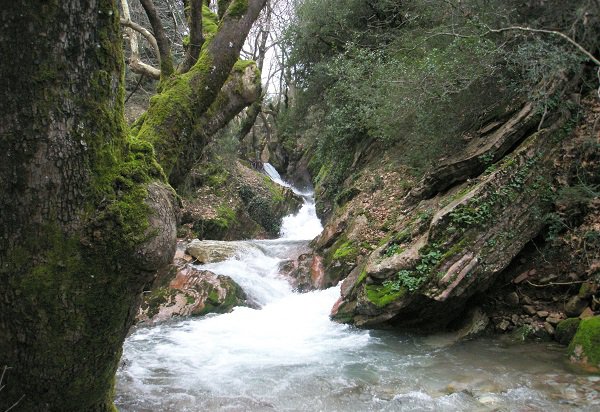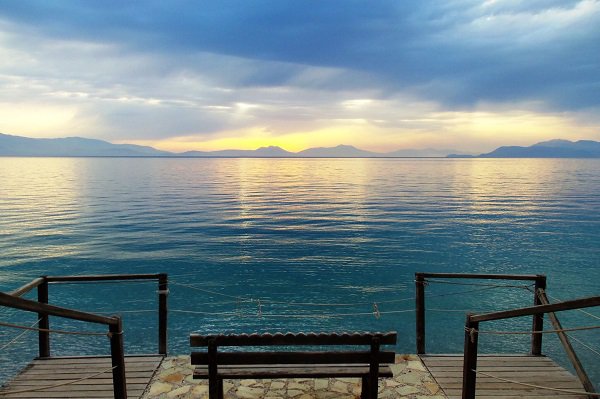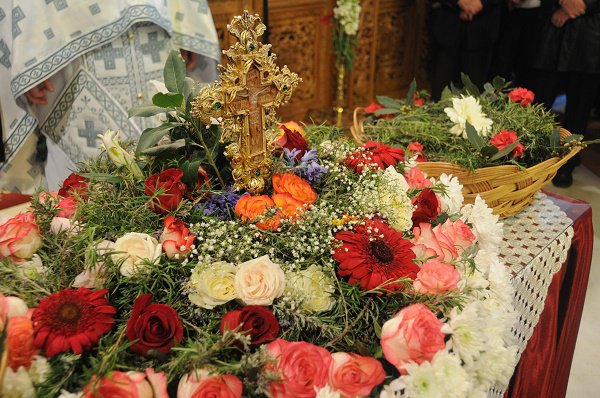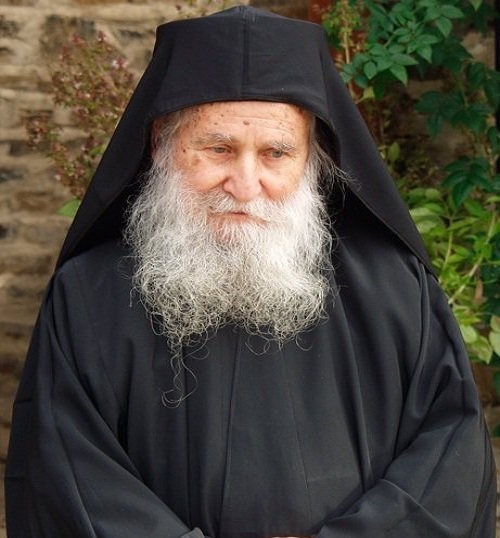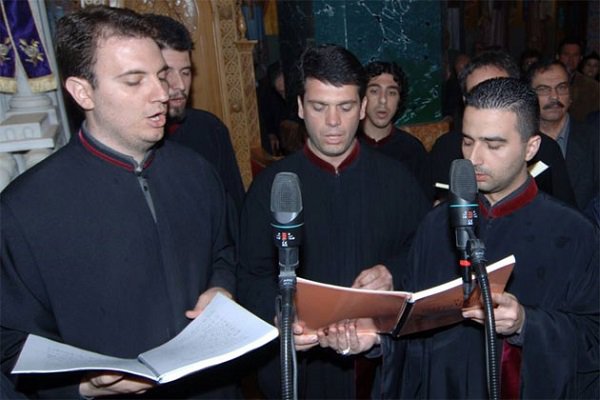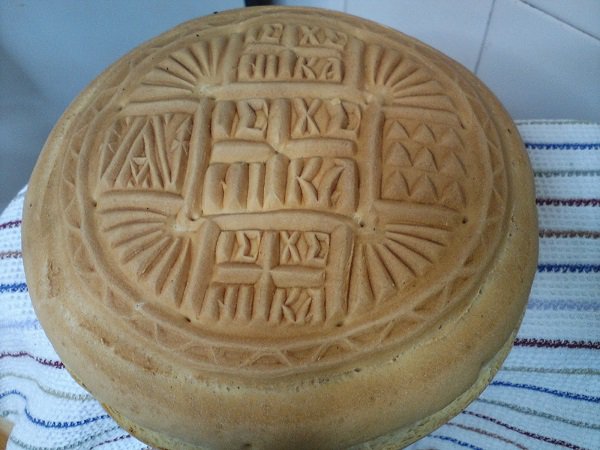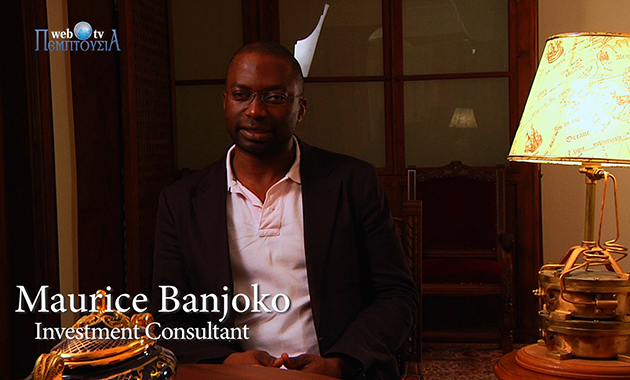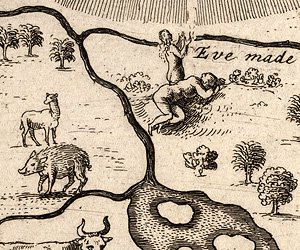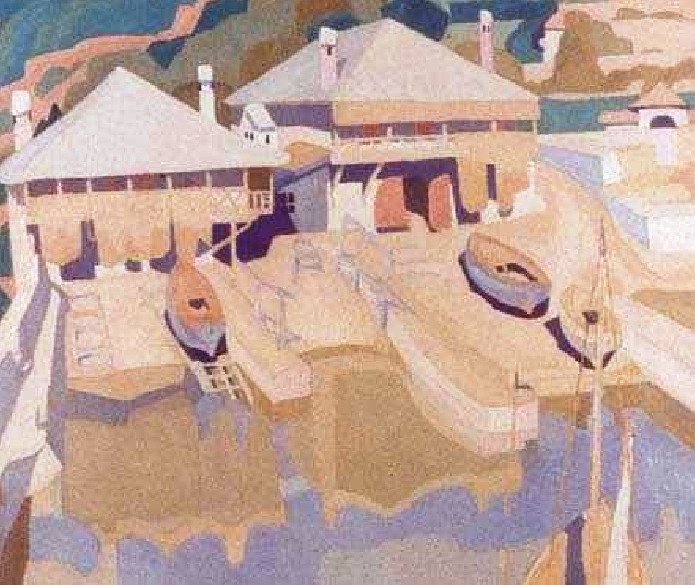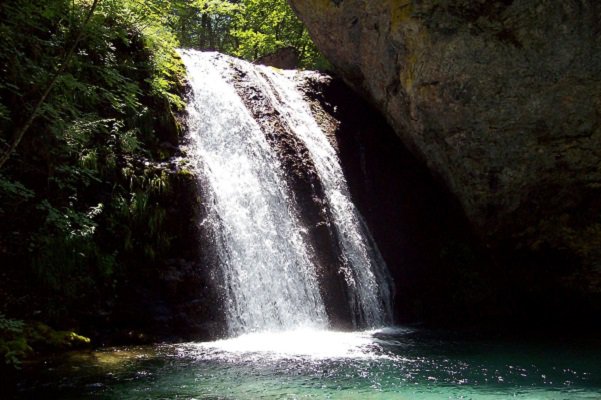
‘And God saw that it was good. Then God said, “Let the earth put forth vegetation: plants yielding seed, and fruit trees of every kind on earth that bear fruit with the seed in it”’ (Gen. 1, 11), because once the earth had been cleared of the huge volume of the waters, it appeared to be entirely deserted and unadorned. But once it accepted the law and the word of the Creator it suffered pangs and gave birth immediately to a whole host of offspring: verdure, plants, meadows, flowers and wonderful fruits. It was decked out like a bride, ornamented in a beautifully bejeweled costume. Even though it was such a short time since it had been cleared. No sooner ...

